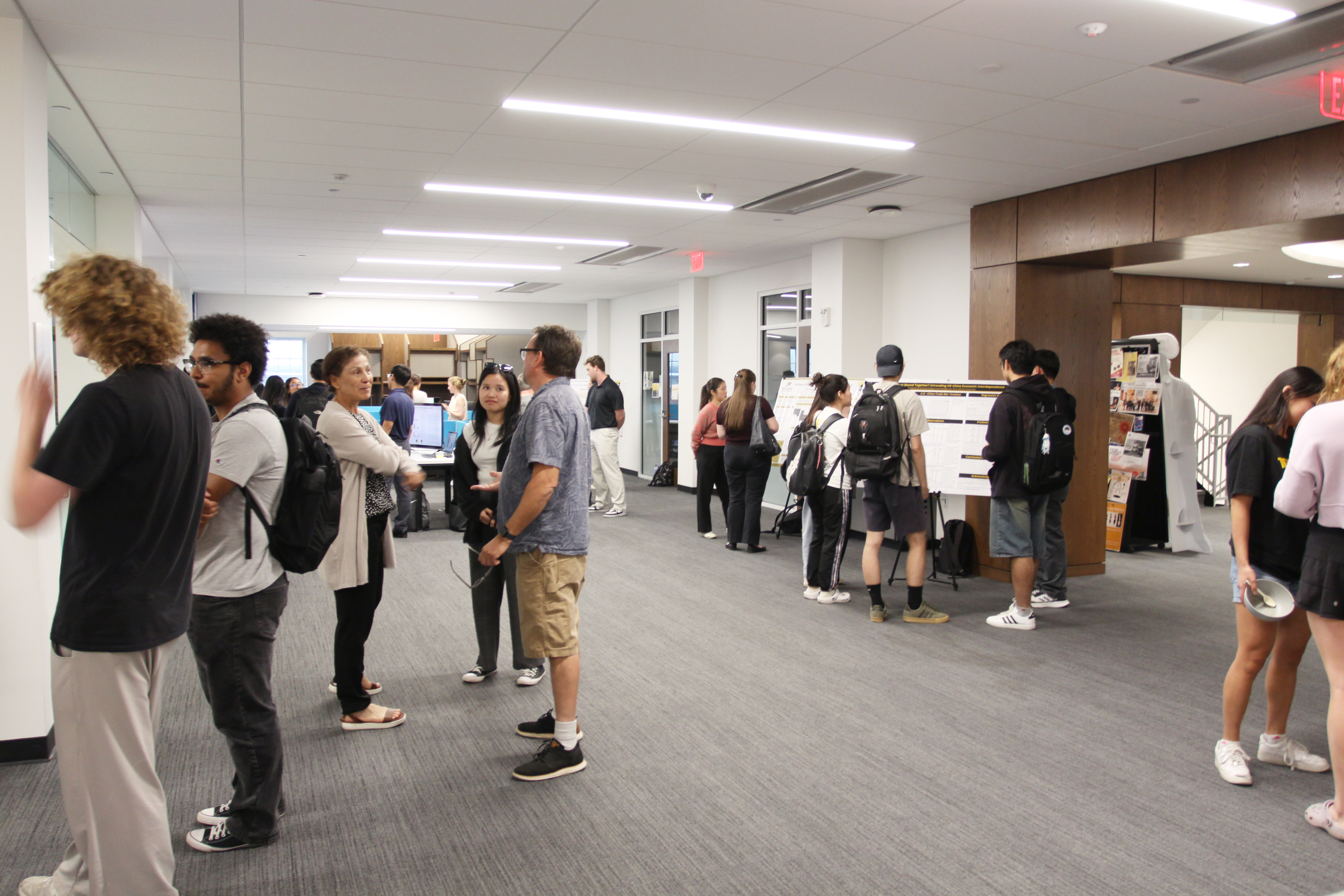Document Type
Article
Publication Date
10-6-2022
Abstract
The resistance movement regarding the operation of Nam Sơn Waste Processing Center – one of the main landfills in Hanoi – has for over twenty years been a significant challenge to the city. Considering the resistance among local communities as a natural and environmental conflict, this project will attempt to discover the sources, dynamics, and outcomes of the conflict. The continuing reproduction of local resistance despite authority’s efforts to mitigate through negotiations and promises has revealed the complex nature of the conflict, which then required a more comprehensive approach not solely to the direct conflict but also to the system that enables conflict reproduction. To satisfy the requirements, the paper will look at the conflict through several models, including Thomas Homer-Dixon’s environmental and conflict model, Maire Dugan’s theory on Nested conflict, and Sandole’s framework on conflict and conflict resolution to tackle the issue, as well as link it to the development of Hanoi – a city which witnessed a massive urbanization and transformation process since the opening of the Vietnamese economy in 1986 – and shape that process into Henri Lefebvre’s framework on planetary urbanization. I will then try to provide an overview of the conflict as well as suggestions on how to mitigate its negative effects on the city and build its resilience to 21st century crises.
Recommended Citation
Hoang, Nam, "Environmental and Social Conflict in the Urban Context: An Analysis of Waste Management in Hanoi" (2022). Student Research. 48, Scholarly and Creative Work from DePauw University.
https://scholarship.depauw.edu/studentresearchother/48



Comments
Funding sources: J. William Asher and Dorothy A. Asher Fund in the Social Sciences
Faculty sponsor: Glen David Kuecker